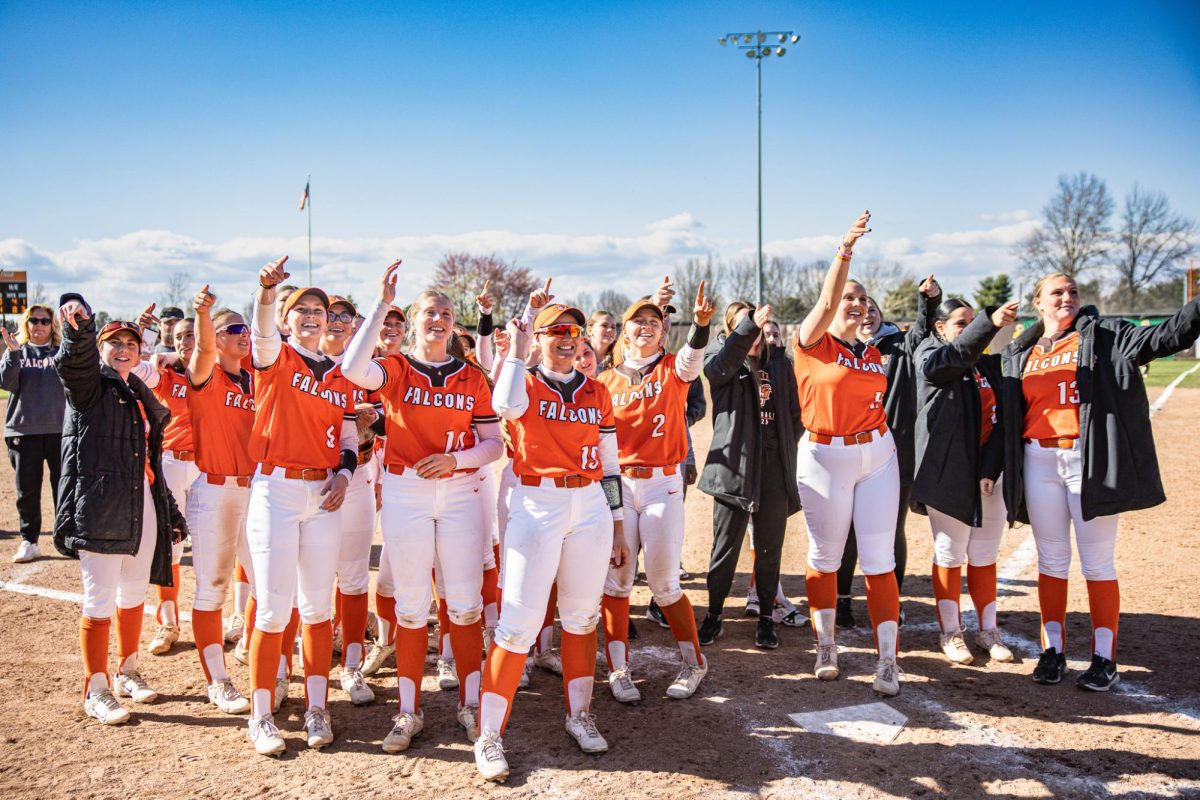North Carolina’s new governor, Pat McCrory, recently put his foot squarely into it.
Interviewed on a syndicated radio talk show by former U.S. Education Secretary William J. Bennett, McCrory addressed the problem of recent college graduates unable to land suitable employment.
McCrory, a former mayor of Charlotte, actually suggested some academic areas have no real-world practical applications. (Imagine that.)
McCrory actually wondered aloud if state funding should continue to be directed toward areas with few job prospects. In his words, public funding should not be based on the number of “butts in the seats, but how many of those butts get jobs.”
The educational establishment, especially those in the Liberal Arts, predictably went rabid. A University of North Carolina geography professor said McCrory “was not elected to decide what has intellectual value and what does not.” A sociology professor opined that McCrory’s comments reflected “a fundamental misunderstanding” of higher education.
Now at no time did McCrory actually oppose the Liberal Arts, as Jane S. Shaw, president of the John William Pope Center for Higher Education, recently wrote in the Wall Street Journal, “Stating such truths doesn’t mean you’re automatically antagonistic to the Liberal Arts.”
Perhaps it’s time for colleges and universities to concentrate as much on the quality and marketability of the output (graduates) as the characteristics of the input (newly admitted students).
The authors of the book “Academically Adrift: Limited Learning on College Campuses” report that 36 percent of college students made no progress in critical things after four years of study.
At the University of North Carolina in Chapel Hill, courses such as “Dogs and People; From Prehistory to the Urbanized Future” and “Music in Motion: American Popular Music and Dance” probably won’t draw the attention of many would-be future employers. Students can obtain a minor in “Social and Economic Justice” without having to take a single economics class.
No serious and rigorous core curriculum exists at many universities. Mitch Daniels, who recently became president of Purdue University, stated in an open letter to the university that “rigor has weakened.”
Georgetown University’s Center for Education and the Workforce recently published a report entitled “College Majors, Unemployment and Earnings: Not All College Degrees are Created Equal.”
In it, they listed the 2009-2010 unemployment rates for recent graduates by academic area, ranging from highs in architecture and arts of 13.9 percent and 11.1 percent respectively to lows of 5.4 percent in education and health.
How to remedy this situation? The solution may well take three approaches. First, high school and college counselors should be candid with students about the long-term employment prospects in a given field. This may be difficult for a college professor, who may know there are few job openings in his or her field of study apart from academia.
Second, it may be time for students to rethink the popular mantra “follow your passion,” especially if the employment prospects for one’s field of passion may be close to non-existent. Rumor mills are filled with tales of newly-minted holders of bachelor’s degrees in philosophy or sociology tending bars or driving cabs.
Third, colleges and universities should make a concerted effort to seek out and interview the employers of their graduates. This should be done with the goal of discovering what schools can do to improve the quality of those graduates. After all, those who employ graduates are the customers of the university. Our graduates are the finished product. This is nothing more — or less — than the quality improvement of our finished product.
A college education represents a significant investment in time, money and energy – items that nearly all humans have in short supply. Current and prospective students alike should carefully evaluate their probable employment before completing a degree in their chosen field. Sometimes a “Plan B” should be considered.
Daniels also stated in his letter that, “We would fail in our duty of stewardship … to indulge in denial and the hubris that says that we are somehow uniquely superb and immune.” Academia is no more immune to change than any other area of society.
Some may worry about universities being turned into vocational schools, but with a renewed emphasis on a robust core curriculum, plan-intensive training and financial support in areas where employment prospects are bright, both the student and society will be better served.
Respond to Phil at
thenews@bgnews.com











